Description
Martha’s Vineyard continues emigration (and immigration) themes, started by Borovsky in her previous book Siberian Summer: The World Upside Down, an historical novel based on intellectual and dissident life in late 20th century Russia, especially during Perestroika, and on Jewish immigration to the USA, — but from an entirely different perspective. The Berlin Wall physically and symbolically divides two worlds — the “evil” world of socialism and the “free” world of capitalism. The reader sees the divided planet as if looking from the Cosmos, and engages in the lives of characters “on both sides” of the globe.
When the Berlin Wall collapses in 1989, the division is supposed to disappear, and the two worlds slowly merge into each other… Is that what is really happening? Life capriciously brings John, a successful businessman from New York, with Liza, a very educated and smart, but severely traumatized daughter of a Russian university professor; joining in the picture are Liza’s son Dmitry, who had grown up without ever having a place called “home”; and last (but not least)—Martha, a girl from an orphanage in a northern Russian village, who “wins the lottery” by being adopted into an affluent American family. How do these people adapt to changes in their lives? Their changes are not just “geographical”—but social, economic, and psychological. Each of them goes through their own struggle to find their place — and preferably adjust — to the new life that they had not necessarily chosen for themselves.



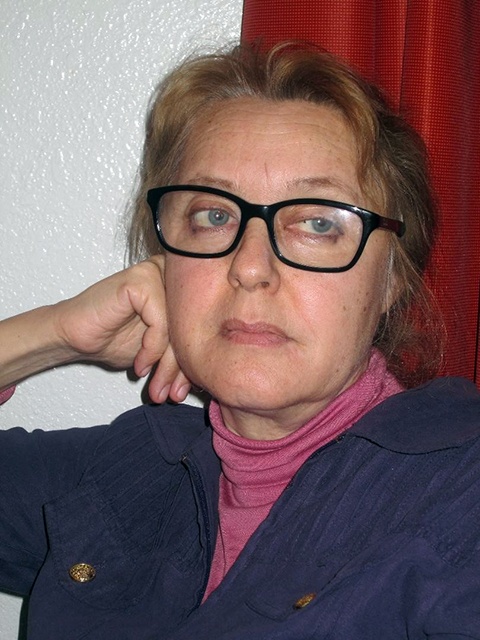 Raisa Borovsky was born in St. Petersburg, Russia, and immigrated to the United States in 1991, a few months before the collapse of the Soviet Union. She met her American husband in Washington, DC, and together they lived — and traveled extensively — in a number of countries of Africa and South-East Asia. Always an adventurer, Raisa has worked as a computer programmer, editorial staff member of a Russian Jewish magazine (which was printed in Israel and then secretly delivered to Moscow), Hebrew teacher, and later, after her emigration from Russia — as a librarian, English as a Second Language instructor, elementary school teacher, yoga instructor, and mental health counselor.
Raisa Borovsky was born in St. Petersburg, Russia, and immigrated to the United States in 1991, a few months before the collapse of the Soviet Union. She met her American husband in Washington, DC, and together they lived — and traveled extensively — in a number of countries of Africa and South-East Asia. Always an adventurer, Raisa has worked as a computer programmer, editorial staff member of a Russian Jewish magazine (which was printed in Israel and then secretly delivered to Moscow), Hebrew teacher, and later, after her emigration from Russia — as a librarian, English as a Second Language instructor, elementary school teacher, yoga instructor, and mental health counselor.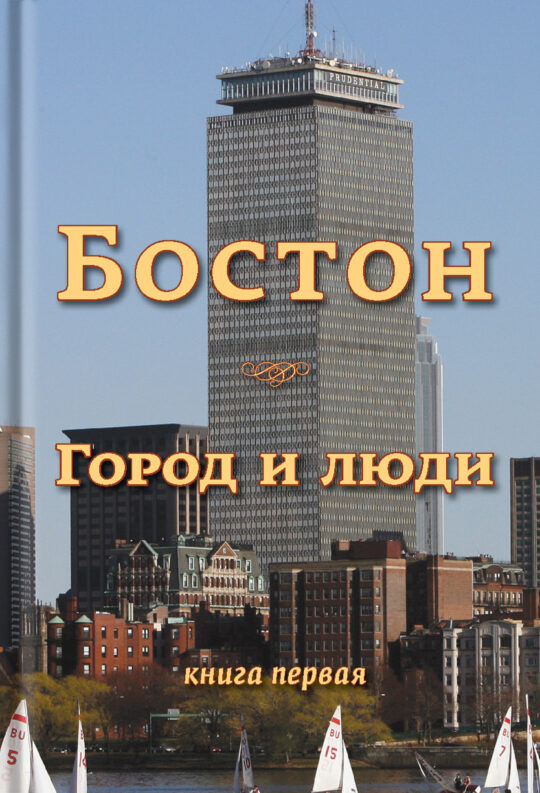
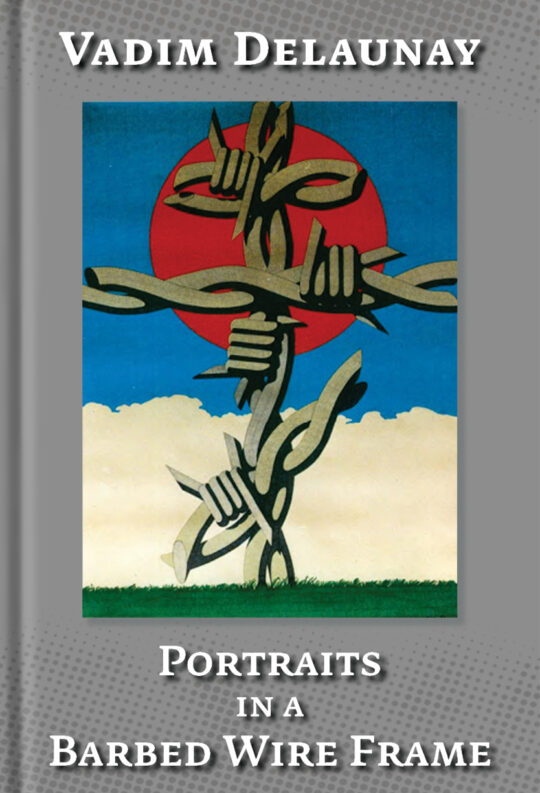
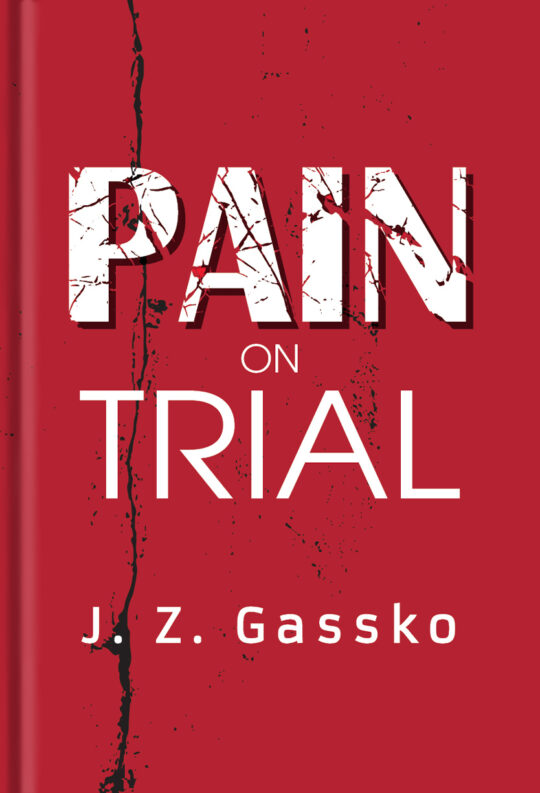
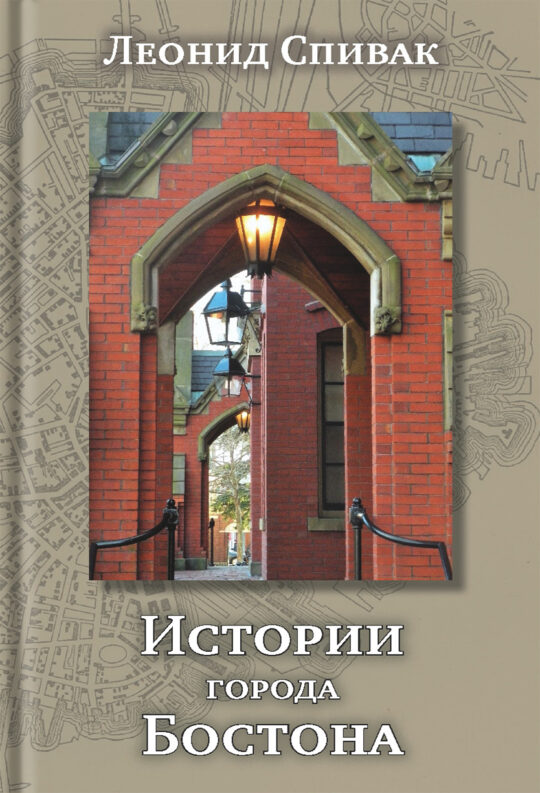
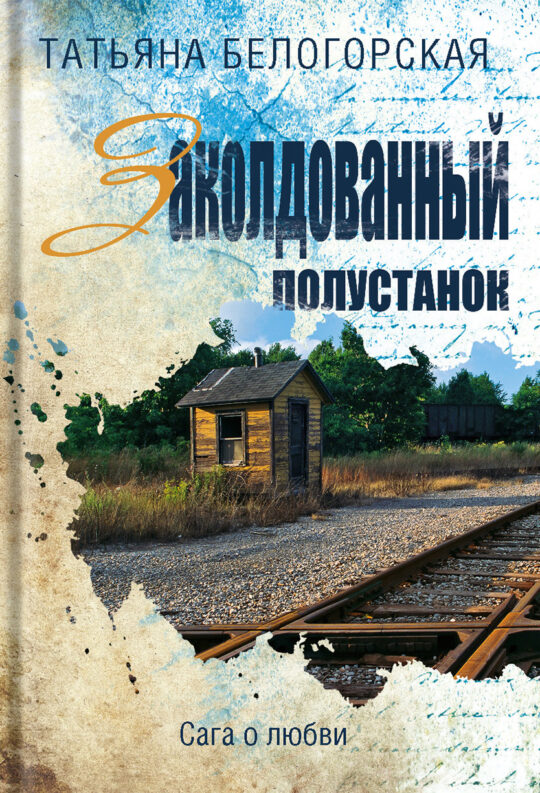
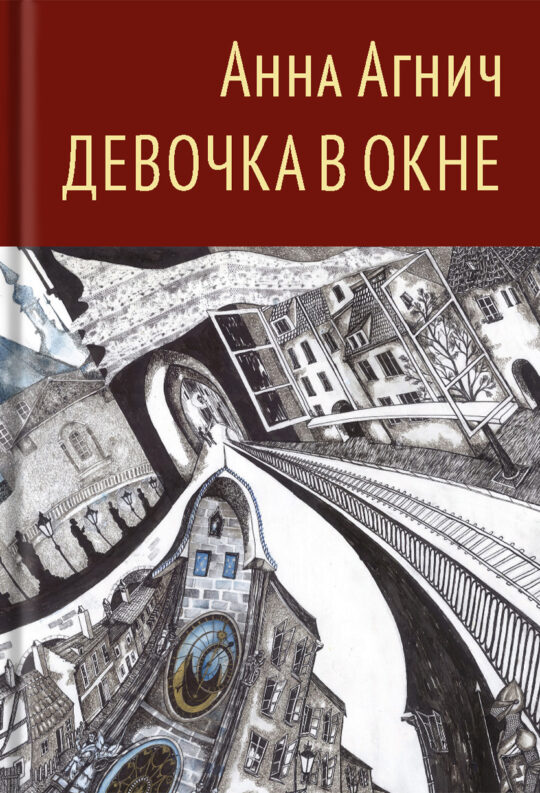
Reviews
There are no reviews yet.